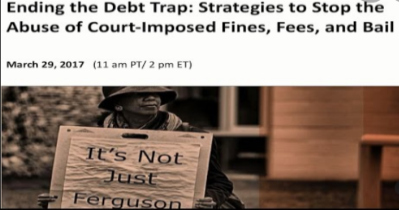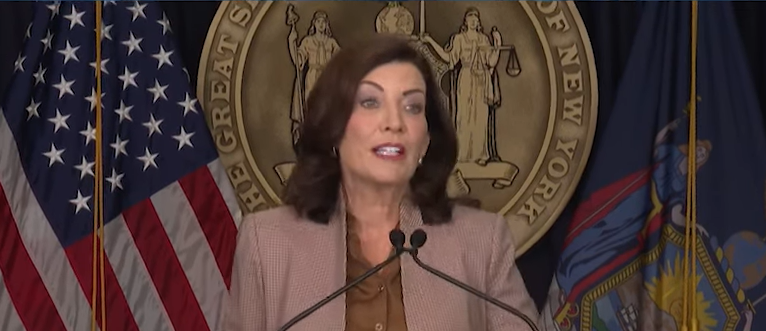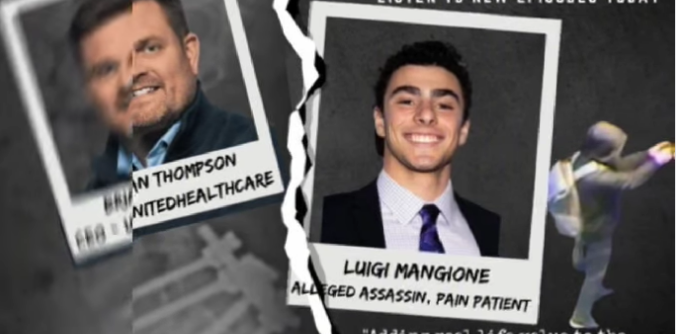Photos: YouTube\Twitter
Tuesday, House Judiciary Committee Chairman Jerrold Nadler (D-NY) delivered the following statement regarding how “vulnerable communities,” meaning especially Black and Brown ones, are targeted for economic exploitation through fines and fee levied by police and America’s court system.
Rep. Nadler’s speech occured during a Subcommittee on Crime, Terrorism, and Homeland Security hearing on “A Fine Scheme: How Court-Imposed Fees and Fines Unjustly Burden Vulnerable Communities:”
“I thank the Chairwoman for convening this hearing on a topic that has not received the attention it deserves, given the impact it has on communities across the country.
“Over the course of the last three decades, the increased imposition of fees and fines in the criminal justice system have had an increasingly deleterious impact on individuals, families, and their communities.
“In recent years, states and localities across the country have imposed a variety of fees and fines on everything from minor traffic violations and municipal code violations to misdemeanors and felonies in order to pay for programs traditionally funded by tax revenues.
“When you actually examine the numbers, it is not clear that these fees and fines are even generating revenue. One study found that some counties spend more than 41 cents for every dollar collected in fees and fines. One New Mexico county spends as much as $1.17 for every dollar it raises through fines and fees—incurring a net loss overall.
“But this financial shell game does not measure the real cost to communities. Rather than improving public safety, frequently such fees and fines have only served to place an undue burden on low-income communities and communities of color. In fact, by many measures, fees and fines have had an adverse impact on public safety.
“In a comprehensive report on the city of Ferguson, Missouri, the Department of Justice found that the Ferguson Police Department, the Municipal Court, and the City all depended on burdensome fees and fines to operate, trapping its citizens in a cruel cycle of poverty and punishment.
“Unfortunately, what the DOJ found in Ferguson is occurring in jurisdictions across the country. This dynamic is often exacerbated by the fact that courts rarely consider a defendant’s ability to pay the fines that they impose. In many cases, those who cannot afford to pay their fees and fines receive warrants for failing to comply.
“If they cannot pay the debts to satisfy their outstanding warrants—which may increase over time, making them more unaffordable—these individuals may even be jailed. This is, in effect, the modern debtor’s prison—a person’s liberty is deprived because they cannot afford their court-imposed fine or fee.
“The practices like those in Ferguson and elsewhere diminish public trust in our criminal justice system and perpetuate the notion that equal justice under the law is only accessible to those who can afford it.
“At the other end of the criminal justice process, fees are often imposed on individuals after a conviction—creating yet another barrier to their reintroduction into society.
“We have worked to ease the reintegration of those who are recently released from jail or prison. Burdening individuals who make the journey back to being full members of their communities with fees and fines stands in stark contrast to these efforts.
“Thankfully, change in this area is afoot. The cost imposed on individuals and families, without a discernable public safety benefit, has led many jurisdictions to pause imposing and collecting fees and fines. Some other jurisdictions have eliminated fees and fines altogether.
“In a time of deep partisan divide, I hope that this is an issue that reaches across the political spectrum to build a bipartisan consensus on reform.”







